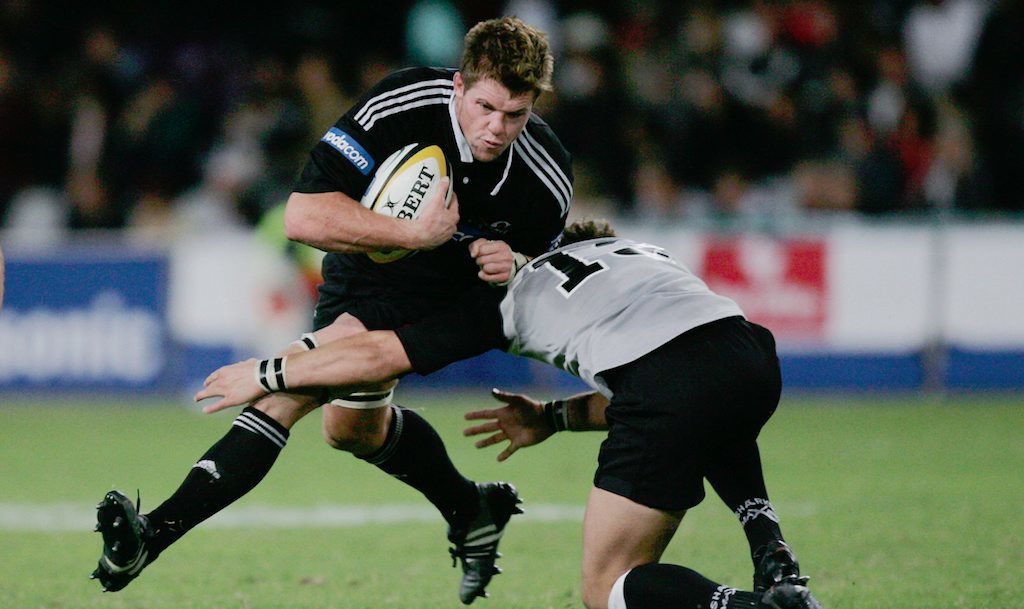Former Springbok Joe van Niekerk says it took him two years after he retired to heal mentally and develop a positive identity, but has now found ‘peace and happiness’.
In this final snippet from an article in our latest SA Rugby magazine, Van Niekerk touches on the subject of mental wellness among pro rugby players.
As we’ve highlighted in previous segments of this interview he conducted with Ryan Vrede, Van Niekerk shares his remarkable story of how he opted to follow a different calling after rugby, which ultimately led him to a life in the remote parts of Costa Rica.
The talented loose-forward dynamo featured in 52 Tests between 2001 and 2010, while he also played for the Lions and Stormers, but he is now serving as the community leader of a healing sanctuary.
Reflecting on some of the challenges he endured as a player both on and off the field, Van Niekerk said players needed to be equipped with the tools to cope with life after the fame and fortune of professional rugby comes to an end.
‘This goes back to the issue of identity. Pro players live in constant fear of losing their livelihood, either through injury or poor performance. The mental distress that creates is massive. For instance, Pat Lambie had to end his career at 28. Now he has to make his way in the real world.
‘He is a prime example of a player who needs to find a healthy sense of identity, either through his own process, or by seeking counsel from professionals. It took me two years after I retired to heal mentally and develop a positive identity rooted in truth. Then there’s the very real threat of a brain injury or a series of those, that could affect your life years after you stop playing. Furthermore, the risk of full or partial paralysis is real.
‘You don’t think about it when you’re playing, but subconsciously it lingers. These things all combine to make pro rugby players one of the most vulnerable groups for mental illness. That’s why it is important that they are given the tools to deal with the threat. But at this point it is left up to individuals, which can be dangerous if that person doesn’t have the capacity to deal with such a complex challenge.
‘That doesn’t stop after their careers end. In many ways it’s worse because the rush you get from being “someone” is gone and you’re forced to confront yourself in a way you were never required to. I’ve gone through all of this, and I’m happy to report that, well, I’m happy and at peace. There’s nothing more I could ask for in life.





